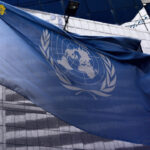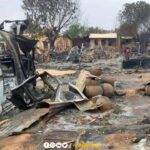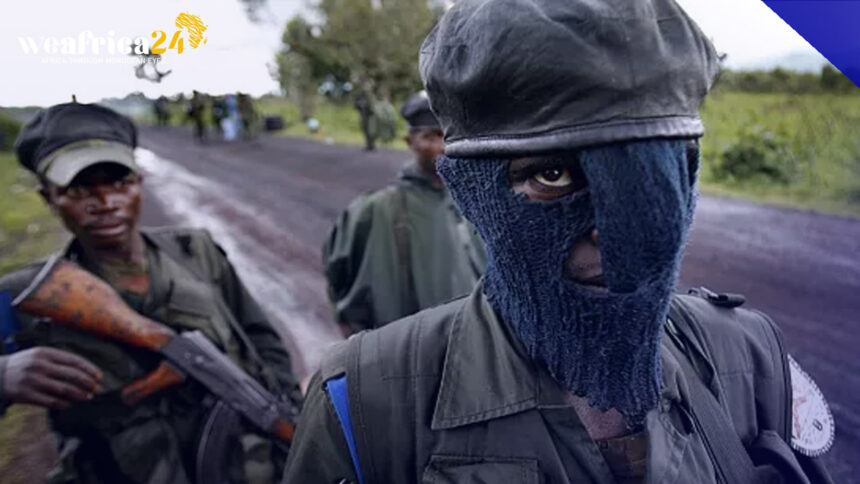In Mali’s northeastern region, around 80,000 children are at risk of malnutrition due to armed groups linked with ISIS laying siege to key towns, according to aid groups and residents.
The city of Menaka has been under siege for four months, causing food prices to skyrocket. Other essential items like medicines are becoming increasingly difficult to obtain, according to residents and humanitarian organizations.
“The humanitarian situation is catastrophic, with displaced persons going from house to house to ask for food for their families. Children are threatened by famine,” said Wani Ould Hamadi, deputy mayor of the city of Menaka, speaking to the Associated Press.
Mali, along with its neighbors Burkina Faso and Niger, has been grappling with a decade-long insurgency led by armed groups, some of which are allied with Al-Qaeda and the Islamic State. Following military coups in these three countries in recent years, the ruling juntas expelled French forces and turned to Russian mercenary units for security assistance.
Colonel Assimi Goita, who seized power in Mali after a second coup in 2021, promised to push back against armed groups, but the United Nations and other analysts assert that the government has swiftly lost ground.
Save the Children reported that approximately 80,000 children are trapped in the city of Menaka, facing malnutrition and illness, with many of them unaccompanied after fleeing violence elsewhere.
“The children of Menaka are caught in a real nightmare. Let’s be clear: if the blockade is not lifted, famine and disease will lead to deaths,” said Siaka Ouattara, the organization’s director in the country.
Ayouba Ag Nadroun, a man who sought refuge in Menaka to escape violence in other parts of the country, stated that he was unable to provide for his extended family of about fifteen members, many of whom are women and children, and that he only survived thanks to rare aid. “I have no job, how can I help them?”
“Blockades subject villagers to violence, hunger, and fear and have long been a tactic used by these jihadist groups to punish communities for what they perceive as support for the government,” said Corinne Dufka, Sahel analyst, adding that they had often succeeded in pressuring communities to sign non-aggression agreements with the groups.
Assimi Goita promised to restore democracy in the country at the beginning of 2024. However, in September, the junta canceled the elections scheduled for February 2024 indefinitely, citing the need to continue technical preparations.
Last month, the junta ordered the halt of all political activities and, the following day ordered the media to stop reporting on political activities.







